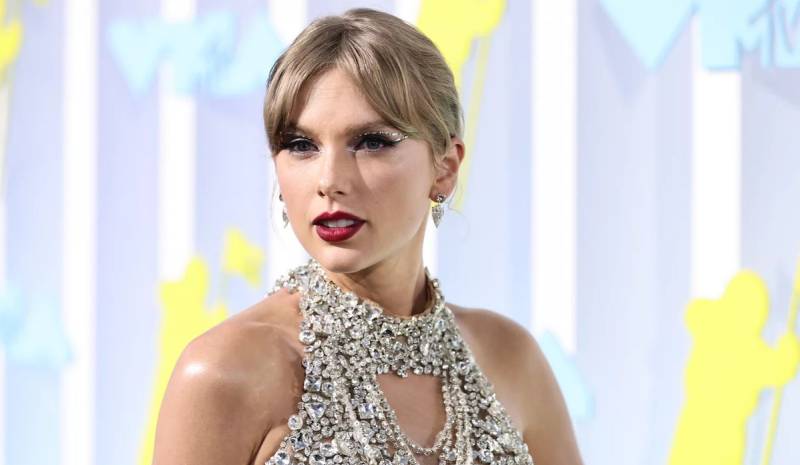Rep. David Cicilline (D-R.I.), who chairs the House Subcommittee of Antitrust, Commercial and Administrative Law, described Ticketmaster’s wait times and fees as “the symptom of a larger problem.”
“It’s no secret that Live Nation-Ticketmaster is an unchecked monopoly,” he added.
Rep. Bill Pascrell (D-N.J.) wasted no time weighing in on the Swift fiasco.
“You’d think with their endless list of fees Ticketmaster could have a working website,” he tweeted on Thursday, reiterating comments he made on Tuesday. “Break up the Live Nation-Ticketmaster monopoly.”
Ticketmaster says the sale broke records — and its website
In its Thursday statement, Ticketmaster explained how it prepared for the pre-sale period, noting that 3.5 million people pre-registered for the Verified Fan program, the largest such number in its history and one that “informed the artist team’s decision to add additional dates” to the tour.
The company says that using Verified Fan invite codes has historically helped manage the volume of users visiting the website to buy tickets, though that wasn’t the case on Tuesday.
“The staggering number of bot attacks as well as fans who didn’t have invite codes drove unprecedented traffic on our site, resulting in 3.5 billion total system requests — 4x our previous peak,” it said, adding that it slowed down some sales and pushed back others to stabilize its systems, resulting in longer wait times for some users.
It estimates that about 15% of interactions across the website experienced issues, which it said is “15% too many.” But it also said a record-breaking number of fans were able to buy tickets: More than 2 million were sold on Tuesday for Swift’s tour, the most ever for an artist in a single day.

9(MDAxOTAwOTE4MDEyMTkxMDAzNjczZDljZA004))

